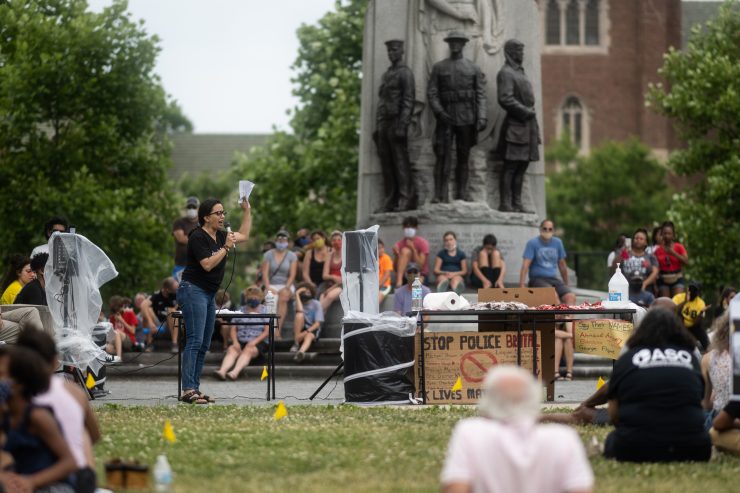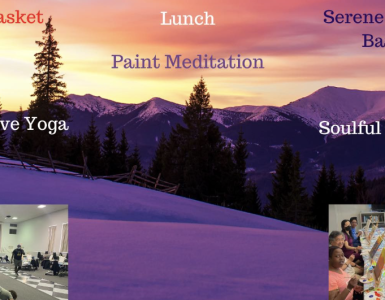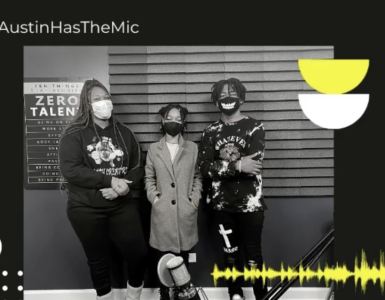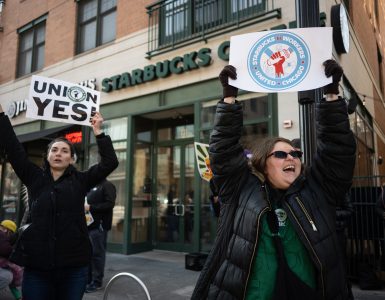My therapist told me early on in my time with them that therapy was like “pulling at loose threads of a carpet” and evaluating what is there. That perhaps unraveling something is needed to fully understand why things are the way they are, why people are the way they are. And then maybe through therapy, we can take that same thread, and start weaving something new and in turn create a new version of ourselves with it. The carpet will most definitely look different because, through the process of unraveling the thread, we’ve come to understand how it contributes to the larger whole of who we are. Reconstructing loose threads helps create more healed, whole, and maybe even more robust versions of ourselves.
An avid knitter, I loved the analogy, as I am perpetually fascinated by the fact that purl and knit stitches can be easily unraveled by the pulling of a single thread. Mistakes are rendered obsolete, dropped stitches are easily corrected, and entire pieces are erased by the simple act of pulling a thread.
Last year, I had the idea of creating an abolitionist newspaper, and I shared this idea with Liz Lukehart. The idea originated after I had written an op-ed about reproductive justice and abolition after the Dobbs decision was leaked, and sent it to the Wednesday Journal editors. I received no response from the editors. I’m not sure if the Wednesday Journal editors ever saw my email or simply didn’t want to publish my op-ed. What I do know is that the rejection prompted a discussion about where we could publish explicitly abolitionist, anti-capitalist, and anti-racist ideas without censorship or gatekeeping. I connected Liz with Paul Goyette, who had also been interested in creating an alternative, radical paper, and the two of them ran with the idea, creating The Collectivist. This paper, and my column, Pulling Threads, were born as a result of those discussions.
I’ve never thought myself a writer, but to be honest, I’ve never envisioned myself in many of the roles or jobs I’ve held. I never thought I’d become a local elected official, and I certainly never thought I’d serve the way I did – a service filled with unapologetic authenticity and realness. When I look back on my time in elected office, the thing I loved most about the role was the opportunity to use my position as Oak Park Village Trustee for political education. And it is what I hope to continue with this column.
Like knitting, and even therapy, abolition requires us to pull at the loose threads of our world, ask the necessary questions, and if needed, to completely unravel the structures oppressing us. As Mariame Kaba, Ruth Wilson Glimore, Anglea Davis, and so many other abolitionists teach us, abolition is the restructuring of our world and systems that oppress us, so that we can build a world where everyone has what they need to live and thrive: shelter, food, healthcare, access to needed services, schools, and so much more. Abolition, like knitting, recognizes that what is currently built can be easily unraveled. That what currently doesn’t exist can be easily stitched together. But abolition requires the desire and willingness to accept that there are loose threads in the first place. Abolition requires us to recognize that there are structures actively oppressing entire groups of people, and that these structures need to be dismantled while concurrently building new structures so that we can build a world where we all are collectively free.
As I’ve learned in my own life, abolition is a journey that we take both individually and collectively. On an individual level, abolition is an awakening to the reality that there is nothing broken with our world . There is nothing broken about police, prisons, and other oppressive structures. And that is why, as Gilmore teaches us, abolition requires that we change everything.
Abolition internally requires two things: vulnerability and discomfort. Both are intertwined, as being vulnerable with yourself requires delving into discomfort, which most people don’t like. And being uncomfortable requires exposing parts of ourselves that we may be ashamed of, or don’t even want to acknowledge actually exist. During my time as a trustee, I delved into purposeful discomfort because I believed that elected officials should never feel comfortable in their jobs. Being comfortable as an elected official means that you’re protecting the status quo. Purposeful discomfort means acknowledging that the current system of government is harmful and needs to change, and also recognizing our role as elected officials in upholding and maintaining these systems. I realized during my three-plus years as trustee that most elected officials refuse to engage with discomfort – most don’t even want to acknowledge that they, too, are part of the system that harms people.
My own journey as an abolitionist began long before I ran for office. But it was in office where I firmly understood that the political views I held were abolitionist in nature, and it was during my time in office that the organizers of Revolutionary Youth Action League (ROYAL) and Freedom to Thrive Oak Park helped me engage with the principles of abolition. I’m no longer an elected official, but I still believe that abolition is necessary. I still believe in pulling at threads, asking hard questions, and engaging in purposeful discomfort. And I want to use this column, Pulling Threads, to write about the questions I’ve always had, and wonder with you about the answers. Because perhaps, by pulling at threads together, we can engage in the act of collective knitting. Let’s hold pieces of threads in our hands, observe them, and determine whether we use those threads to unravel our oppressive structures or knit something new.
⁂
Research for this article was supported in part by the Soros Justice Fellowship, which is funded and administered by the Open Society Institute (OSI). The opinions expressed herein are the author’s own and do not necessarily express the views of OSI.
